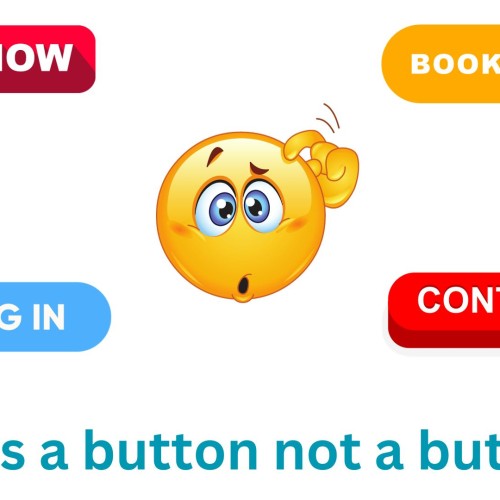What 110 Accessibility Statements Taught Us About Website Risk

Imagine opening your front door, only to realise 90 percent of your visitors cannot get inside. That is exactly what is happening across the digital world, as businesses overlook something as fundamental as their Accessibility Statement.
We recently reviewed 110 websites. We were not running an automated sweep or checking for cosmetic flaws. This was a real-world review, grounded in human insight and years of experience.
Here is what we found:
- 64 websites had no Accessibility Statement at all
- 26 had one, but it was non compliant
- 6 were so vague or poorly presented that we could not tell either way
- Only 14 appeared to be compliant, at least on the surface
So why does this matter?
Because from 28 June 2025, every business offering digital services in the EU will be subject to the European Accessibility Act. That includes having a properly written, legally compliant Accessibility Statement.
Even UK businesses are affected if their site is accessible to EU users. That means Ireland, France, Spain, and many others. Ignore this, and you are gambling with legal risk and reputational damage.
But a Statement is not just paperwork
A proper Accessibility Statement is a promise. It says you understand the barriers some people face online and that you are taking real steps to address them.
Too many businesses rely on auto-generated content or templates. These miss the point entirely. A compliant Statement needs to be based on actual evidence of testing. It should:
- Be easy to locate
- Be clear about what is working and what is not
- Acknowledge existing issues with honesty
- Show users how to get support if they need it
This is where Access by Design steps in
We have been building accessible websites since 2006. Our team includes disabled testers who review sites based on lived experience, not just WCAG boxes.
When we audit a website, we deliver plain English reports, real user insight, and a Statement you can stand behind. We also guide you through the next steps to improve accessibility over time.
Our clients include The Scottish Parliament, City College Southampton, Amnesty International, Girlguiding, and Wightlink Ferries. Whether you are a college, charity, or SME, we have been where you are and know how to help.
Not sure where to begin?
You are not alone. Many of the organisations we support started with the same questions.
We are here to help you find the answers.




